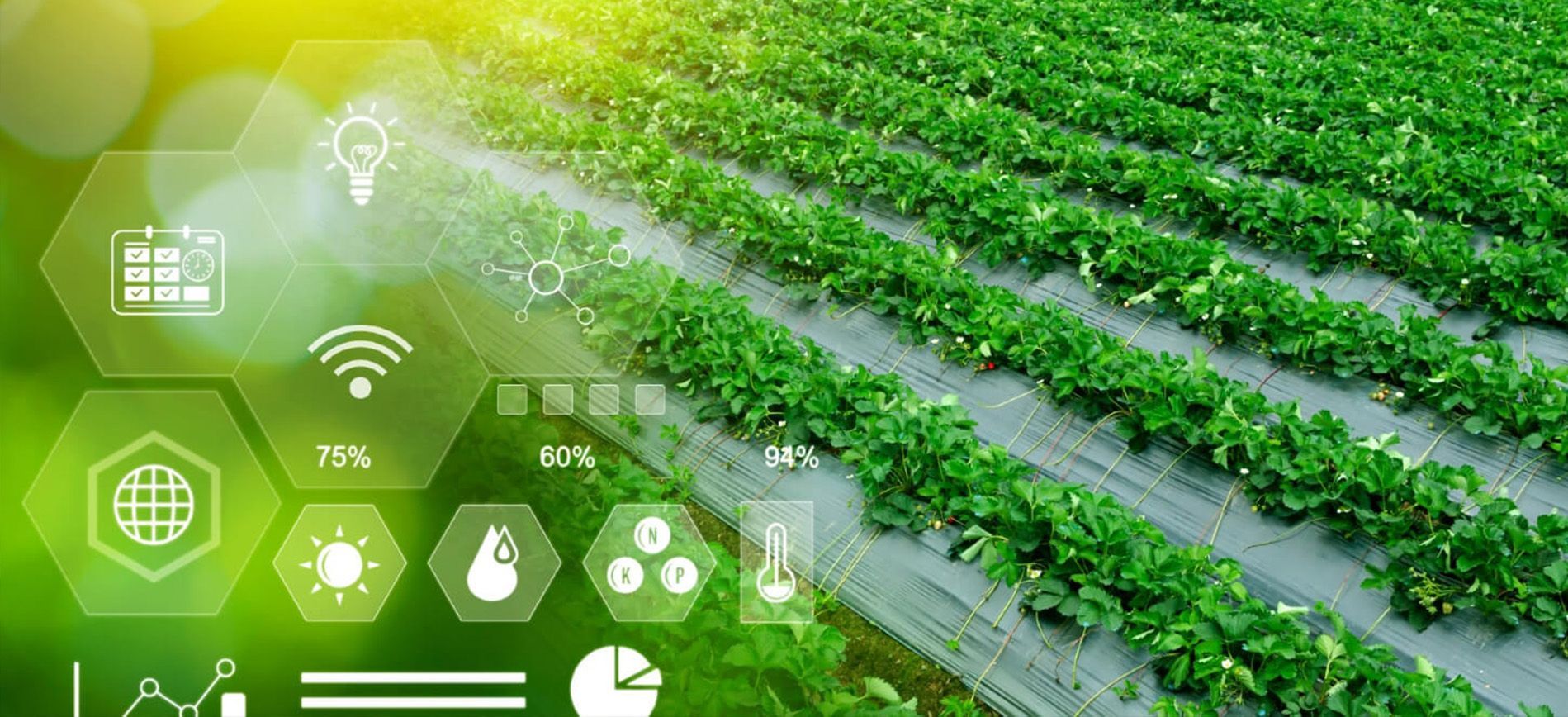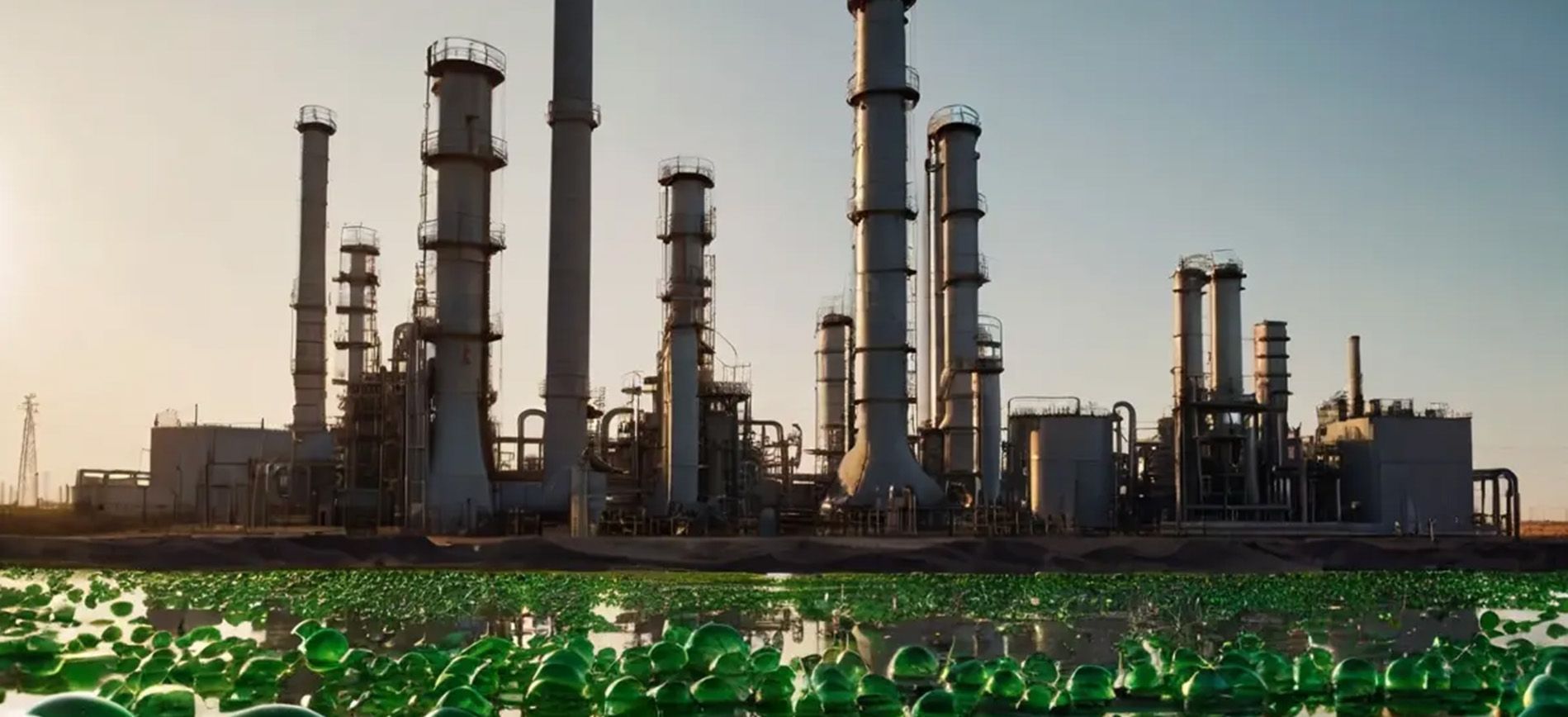Crop-Specific Fertilizers: Tailoring Nutrition for Enhanced Yields in Africa and India
Crop-Specific Fertilizers: Tailoring Nutrition for Enhanced Yields in Africa and India

In agriculture, one-size-fits-all approaches to fertilization often fall short in addressing the unique nutritional needs of various crops. Crop-specific fertilizers, designed to provide tailored nutrients for specific crops, have emerged as an effective solution for boosting yields and improving soil health. This blog explores the role of crop-specific fertilizers in African and Indian agriculture, how they support different crop requirements, and best practices for their application to maximize productivity.
1. Why Crop-Specific Fertilizers are Important in Agriculture:
Crop-specific fertilizers are formulated to deliver essential nutrients based on each crop’s unique requirements. This targeted approach reduces nutrient wastage, promotes balanced soil nutrition, and enhances crop resilience, which is especially beneficial in regions like Africa and India with diverse agricultural needs.
- Optimizing Nutrient Efficiency: Unlike general fertilizers, crop-specific blends ensure that plants receive precisely the nutrients they need at each growth stage, reducing nutrient imbalances in the soil and optimizing absorption.
- Improved Crop Health and Yield: By delivering the exact nutrients required for specific crops, these fertilizers help improve crop vigor, disease resistance, and overall yield quality, supporting food security and profitability.
- Economic and Environmental Benefits: Targeted fertilizer applications reduce costs for farmers by minimizing excess usage and preventing nutrient runoff, which can harm local ecosystems.
2. Common Crop-Specific
Fertilizers for African and Indian Agriculture:
Different crops require varying nutrient levels for optimal growth. Here are some common crop-specific fertilizers and their benefits for staple and high-value crops grown in both Africa and India.
- Rice Fertilizers: Rice needs nitrogen-rich fertilizers, particularly during tillering and panicle initiation. Nitrogen-phosphorus-potassium (NPK) blends with a higher nitrogen ratio and micronutrients like zinc are commonly used for rice, which is a staple crop in both regions.
- Maize and Wheat Fertilizers: These cereals benefit from nitrogen and phosphorus-heavy formulations, promoting root development and kernel filling. Blends with nitrogen, phosphorus, and added potassium for resistance to drought and disease are effective for maize and wheat, major crops in both Africa and India.
- Fruit and Vegetable Fertilizers: High-value crops like tomatoes, peppers, and citrus require balanced NPK ratios along with micronutrients such as calcium and magnesium to enhance fruit quality and shelf life. Tailored fertilizers help farmers maximize quality and market value for export or local sale.
- Legume Fertilizers: Legumes, such as pulses and beans, need minimal nitrogen due to their nitrogen-fixing ability. Phosphorus and potassium-rich fertilizers with trace elements like molybdenum support flowering and pod development, benefiting farmers growing legumes for food and soil health improvement.
3. Best Practices for Applying Crop-Specific
Fertilizers:
Effective application of crop-specific fertilizers ensures that crops absorb the nutrients they need without wasting resources or damaging the soil. Below are some best practices tailored to both large-scale and smallholder farms.
- Timing and Dosage Precision: Applying fertilizers at the right growth stage—such as root development, flowering, or fruiting—ensures optimal nutrient uptake. Farmers can use recommended dosage rates or rely on soil tests to tailor fertilizer amounts to local soil conditions.
- Split Applications and Microdosing: For major crops like maize, rice, and wheat, split applications reduce nutrient loss and maximize uptake during critical growth stages. Microdosing, particularly effective for smallholder farms, enables precise fertilizer application, reducing costs and improving nutrient efficiency.
- Soil Testing for Customized Fertilization: Soil tests reveal nutrient deficiencies and pH imbalances, allowing farmers to choose the most effective crop-specific fertilizer blend. Customized fertilization enhances productivity and reduces environmental impact, supporting long-term soil health.
4. Addressing Barriers to Crop-Specific
Fertilizer Adoption:
Challenges like access, affordability, and farmer knowledge can hinder the widespread use of crop-specific fertilizers in Africa and India. Addressing these barriers can empower farmers to adopt these fertilizers and maximize their benefits.
- Ensuring Availability through Local Production and Distribution: Increasing local production and distribution of crop-specific fertilizers reduces costs and improves access for farmers in remote areas. Establishing local production facilities or community cooperatives can streamline supply and enhance availability.
- Government Subsidies and Financial Assistance Programs: Subsidies and low-interest loans make crop-specific fertilizers more affordable, enabling smallholder farmers to invest in tailored nutrition for their crops. Such initiatives are especially impactful in rural areas where financial constraints often limit fertilizer use.
- Farmer Education and Training on Crop-Specific Fertilization: Providing farmers with practical knowledge on the benefits and application of crop-specific fertilizers is essential. Agricultural extension programs, demonstration plots, and digital learning tools can bridge knowledge gaps, empowering farmers to apply fertilizers effectively.
5. Benefits of Crop-Specific
Fertilizers for Sustainable Agriculture:
By providing targeted nutrition, crop-specific fertilizers support sustainable agricultural practices, helping farmers achieve higher yields, improve soil health, and contribute to food security in Africa and India.
- Enhanced Food Security and Crop Resilience: Targeted fertilizer application enables farmers to cultivate high-quality crops, contributing to food security and improved resilience against pests and diseases. By meeting local food demands, these fertilizers support both food security and economic stability.
- Economic Gains for Smallholders and Export Farmers: Increased yield and quality mean higher returns for farmers, particularly those producing high-value crops for export markets. Crop-specific fertilizers allow smallholders to maximize productivity on limited land, improving their income potential.
- Soil Conservation and Reduced Environmental Impact: Crop-specific fertilizers reduce nutrient leaching and environmental degradation associated with the overuse of generic fertilizers. A balanced nutrient supply promotes sustainable farming practices, preserving soil fertility and preventing pollution.
Conclusion:
Crop-specific fertilizers offer a powerful solution for farmers in Africa and India, where diverse agricultural practices and varying soil types require tailored fertilization approaches. By ensuring that crops receive the nutrients they need, crop-specific fertilizers enhance yield quality, support food security, and contribute to environmental sustainability. Through government support, local production, and farmer education, crop-specific fertilizers can become a cornerstone of sustainable agriculture in emerging markets, fostering long-term productivity and resilience.




